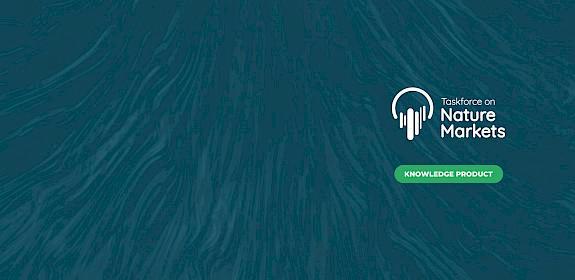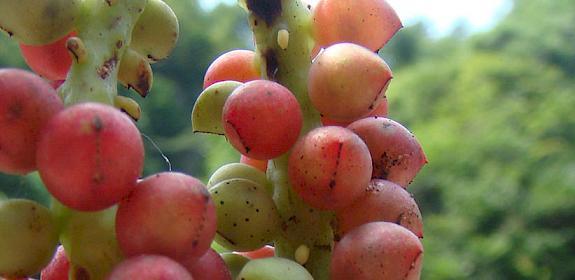Viet Nam’s traditional medicine sector sees clear benefits of using sustainably sourced wild plants
Ha Noi, Viet Nam, 2nd December 2016—35 representatives from the traditional medicine (TM) sector, pharmaceutical companies, and the Ministry of Natural Resources and Environment learned about the benefits of using sustainably harvested wild-sourced plants in Hanoi today.
The forum, organized by TRAFFIC and the Administration of Traditional Medicine (ATM), brought together members of the TM sector, the Biodiversity Conservation Agency, and the Bac Kan Provincial Cooperative Alliance to encourage use and increase awareness of sustainable harvesting of wild medicinal and aromatic plants (MAPs) and how it can benefit both collectors and sellers of these plant products in Viet Nam.
“Collectors need to comply to a standard practice of harvesting to prevent MAP resources from being overharvested. We are working to ensure that harvesting, processing and trading follow regulations and a formal plan so we can effectively manage these resources. ATM is grateful of TRAFFIC’s efforts to prevent and reduce unsustainable harvest and trade of wild-sourced MAPs in Bac Kan province. Together, we are enhancing the sustainability of collection practices to protect the ecosystem”, said Pham Vu Khanh, the Director of ATM.
Participants learned about TRAFFIC’s work to improve the collection practices and livelihoods of collectors in Bac Kan Province using FairWild-based interventions. These focus on sustainable wild collection practices and equitable trade of MAP species to protect local biodiversity and enhance the livelihoods of collectors. The Director of BioTrade Implementation Group also shared the findings of their MAPs policy review, discussing gaps in policy and how to strengthen and better implement them in the field.
The MAPs management practices in Bac Kan and FairWild application case studies facilitated discussion around the challenges and issues surrounding the wild collection of MAPs and how representatives from pharmaceutical companies and members of the TM sector can control the quality and traceability of MAP products.
“Trade of wildlife is an important component of the world's economy and TRAFFIC's objective is to ensure that the trade of MAPs is carried out sustainably and contributes to the livelihoods of local people. While we work to reduce wildlife crime and illegal trade, we also want to enhance the benefits from sustainable, legal wildlife trade. This forum brings together influential members of the TM sector to promote the sustainable harvesting and trade of wild-sourced MAPs,” said Madelon Willemsen, Head of TRAFFIC’s Viet Nam Office. Millions of people in Viet Nam and around the world use medicinal and aromatic plants in traditional medicine, cosmetics, and food."
TRAFFIC works with local partners to facilitate the use of sustainably sourced and harvested products to ensure trade in MAPs does not negatively affect biodiversity or the livelihoods of people that are dependent on wild-sourced plant species.
Madelon Willemsen, Head of TRAFFIC’s Viet Nam Office
This forum was made possible through the Darwin Initiative project "Enhancing management and benefit flows in Vietnam’s wild medicinal plant products", funded by the UK government and brought together members of the TM sector to form and strengthen networks and share trade and harvesting knowledge for sustainable development.
About the Darwin Initiative

Funded by the UK Government through the Darwin Initiative.
The Darwin Initiative is a UK government programme with a focus on biodiversity projects.





